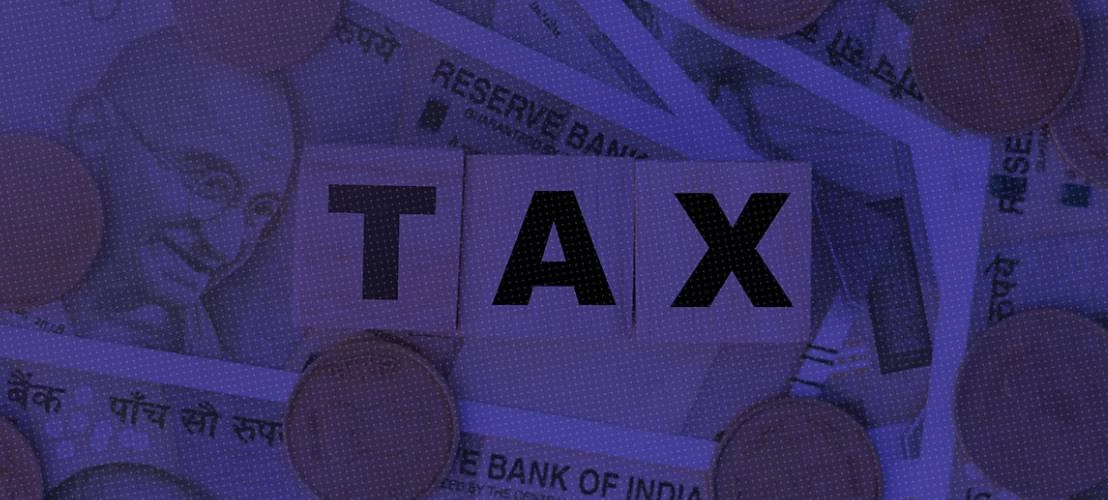The Supreme Court has ruled that when discretion is vested on an arbitral tribunal to award interest at a rate that it deems reasonable, then a duty would be cast upon the arbitral tribunal to give reasons as to how it deems the rate of interest to be reasonable.
Noting that the provisions required interest to be at such rate as the arbitral tribunal deems reasonable, the Court in Executive Engineer (R and B) v. Gokul Chandra Kanungo [Decision dated 30 September 2022] held that when the arbitral tribunal is empowered with such discretion, it would be required to apply its mind to the facts of the case and decide whether the interest is payable on the whole or any part of the money and also as to whether it is to be awarded to the whole or any part of the period between the date on which the cause of action arose and the date on which the award is made.
Allowing an appeal against the decision of the Orissa High Court which had upheld an order passed by the Arbitral Tribunal, the Supreme Court, observing the facts and circumstances of the case, found it equitable and in the interest of justice to exercise its powers under Article 142 of the Constitution of India. It reduced the rate of interest to 9% from 18% per annum.







